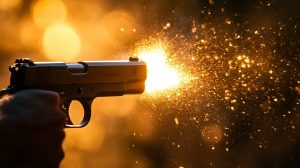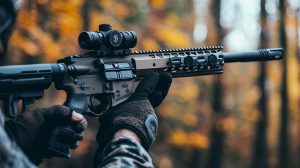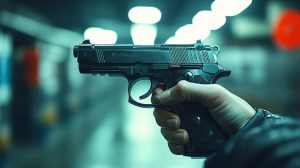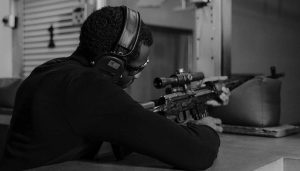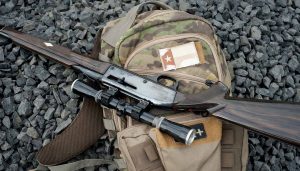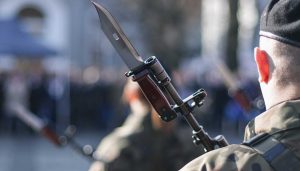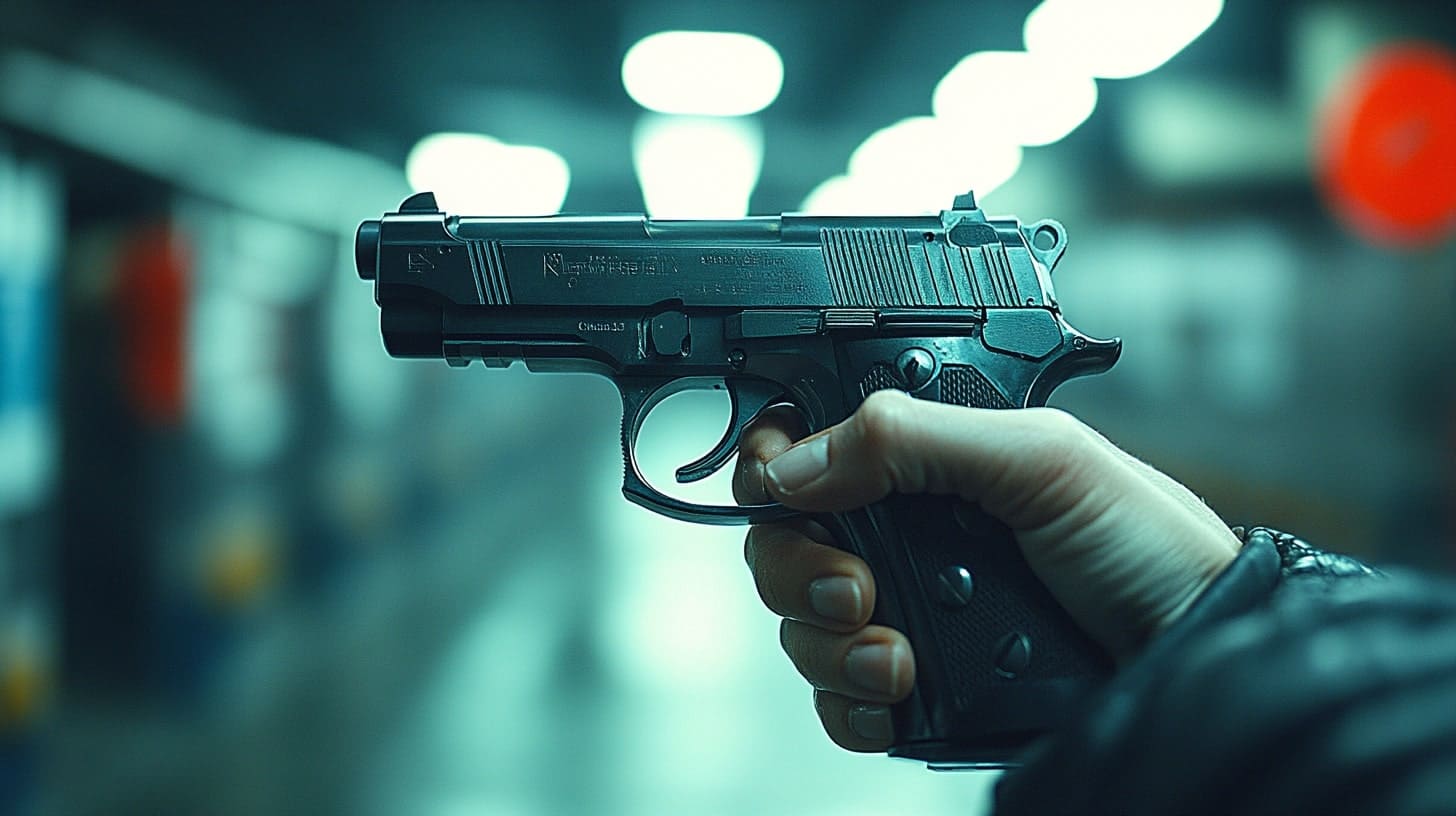
When it comes to personal safety, having a reliable self-defense weapon can provide peace of mind and a sense of security. For many, a handgun is the preferred choice due to its compact size, ease of use, and effectiveness in emergency situations. However, for beginners, selecting the right handgun can be overwhelming, with countless models, calibers, and features to consider.
This guide is designed to help first-time buyers navigate the process of choosing a self-defense handgun. We will focus on the most important factors, including ease of handling, safety, reliability, and proper training. By the end, you’ll have a clearer understanding of what makes a handgun suitable for self-defense and how to make the best choice for your needs.
Understanding the Basics of Handgun Selection
Before diving into specific models, it’s crucial to understand what makes a handgun suitable for self-defense. While many firearms are available, not all are beginner-friendly. The key aspects to consider include:
- Caliber: The size of the bullet affects recoil and stopping power. Common self-defense calibers include .380 ACP, 9mm, and .45 ACP.
- Size and Weight: Compact and subcompact pistols are easier to carry, but they often have more recoil. Full-size handguns are more stable but may not be practical for concealed carry.
- Capacity: The number of rounds a firearm can hold matters. A higher capacity means fewer reloads in a crisis.
- Ergonomics: The grip and overall design should feel comfortable in your hand for better control.
- Safety Features: Some handguns have manual safeties, while others rely on internal safety mechanisms. Understanding how these work is vital.
For beginners, striking a balance between stopping power and ease of use is essential. A handgun that is too powerful can be difficult to control, while one that is too small may lack effectiveness.
Best Handgun Options for Beginners
Several handguns stand out as excellent choices for first-time gun owners. Below are some of the most beginner-friendly models that offer reliability, ease of use, and manageable recoil:
1. Glock 19 (9mm)
The Glock 19 is one of the most widely recommended handguns for self-defense. It is compact, lightweight, and offers a 15-round capacity. Known for its reliability, the Glock 19 features a simple design with no external safeties, making it easy to operate under stress.
2. Smith & Wesson M&P Shield (9mm or .380 ACP)
This single-stack pistol is an excellent choice for concealed carry due to its slim profile. It offers good ergonomics, manageable recoil, and a user-friendly design, making it ideal for beginners who prioritize portability.
3. Sig Sauer P365 (9mm)
A compact and high-capacity pistol, the P365 is known for its comfortable grip and excellent accuracy. It comes with an extended magazine option, making it one of the best small handguns for self-defense.
4. Ruger LCP II (.380 ACP)
For those looking for an ultra-compact self-defense pistol, the Ruger LCP II is a lightweight option that fits easily into a pocket or small holster. Though it has a lower capacity, it remains a great choice for discreet carry.
5. Springfield XD-S Mod.2 (9mm or .45 ACP)
This single-stack pistol is designed for personal defense, offering excellent grip and safety features. The Mod.2 version has improved ergonomics and a more comfortable trigger pull, making it a solid choice for new shooters.
While these are some of the best beginner-friendly options, the most important factor is how a handgun feels in your hands. If possible, visit a shooting range that allows test firing before making a purchase.
Safety First: Responsible Gun Ownership
Owning a handgun for self-defense carries a great responsibility. Proper training and adherence to safety guidelines are essential to ensure that your firearm protects rather than endangers you.
1. Take a Firearms Safety Course
Before handling any firearm, beginners should enroll in a basic firearms training course. These courses cover safe handling, shooting fundamentals, and self-defense laws. Many local shooting ranges and certified instructors offer training specifically for beginners.
2. Always Practice the Four Rules of Gun Safety
- Treat every gun as if it’s loaded. Always assume a firearm is ready to fire, even if you believe it is unloaded.
- Never point a gun at anything you’re not willing to destroy. Keep the muzzle pointed in a safe direction at all times.
- Keep your finger off the trigger until you’re ready to fire. This prevents accidental discharges.
- Be aware of your target and what’s beyond it. Bullets can penetrate walls and other surfaces, so always ensure you have a clear, safe backdrop.
3. Practice Regularly
Shooting is a skill that requires ongoing practice. Even if you’re not a competitive shooter, visiting a range once a month to maintain proficiency is recommended. This ensures that in a self-defense situation, you can confidently and accurately handle your firearm.
4. Secure Your Firearm Properly
If you own a firearm for self-defense, proper storage is just as important as knowing how to use it. A quick-access safe allows you to retrieve your handgun in an emergency while keeping it out of reach of unauthorized individuals.
Conclusion
Choosing the right handgun for self-defense as a beginner requires careful consideration. While options like the Glock 19, Sig Sauer P365, and Smith & Wesson M&P Shield are excellent starting points, the best choice ultimately depends on personal comfort and handling ability. Safety should always be the top priority, with proper training, responsible storage, and regular practice being essential components of responsible gun ownership.
By taking the time to research, train, and choose a firearm that fits your needs, you can ensure that your handgun serves its purpose—protecting you and your loved ones in times of need.
